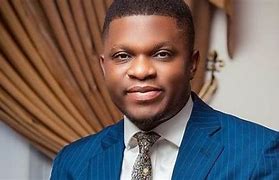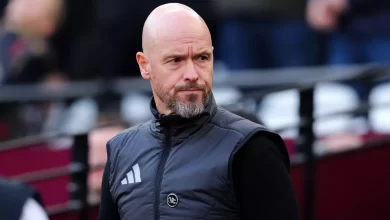
The recent Stop Galamsey protest has taken a dramatic turn following comments made by Okatakyie Afrifa-Mensah, who invoked a curse at Jubilee House during the demonstration. Sammy Gyamfi, National Communications Officer of the National Democratic Congress, has publicly condemned Afrifa’s actions, arguing that they violate legal and ethical standards. Gyamfi insists that Afrifa must be held accountable under the law for his remarks, which he believes set a dangerous precedent for political discourse in Ghana.
The controversy surrounding Afrifa’s comments has sparked a heated debate about freedom of speech versus responsible activism. While protests are a fundamental right, critics argue that invoking curses and spiritual threats against national leaders crosses a line. Legal experts are now weighing in on whether Afrifa’s statements could be classified as hate speech, defamation, or incitement, which could warrant police intervention. If charged, Afrifa could face serious consequences, including fines or even imprisonment.
Supporters of Afrifa maintain that his words were an expression of frustration over the government’s handling of illegal mining. They argue that the situation demands drastic measures and that Afrifa’s comments were a reflection of the anger and desperation felt by many Ghanaians. On the other hand, critics demand accountability and argue that Afrifa’s actions were unacceptable and threatened the stability of the country. The controversy has further deepened political divisions, with some defending Afrifa’s passionate activism while others call for him to be held accountable.
The Stop Galamsey movement, initially focused on environmental protection, is now entangled in a broader debate on political expression and legal boundaries. The controversy surrounding Afrifa’s comments has overshadowed the main issue of illegal mining, which has caused significant environmental damage to Ghana’s forests and water bodies. The movement’s leaders may need to refocus attention on the core issues and find ways to address the concerns of all stakeholders.
As the case unfolds, many are watching to see whether authorities will take action against Afrifa or whether the matter will fade into political discourse. The outcome will have implications for the boundaries of free speech and the limits of political activism in Ghana. It remains to be seen how the government will respond to the controversy and whether Afrifa will face any consequences for his actions. One thing is certain, however: the debate on responsible activism and the limits of free speech will continue to rage on in Ghana’s political landscape.
Story by: Ohemaa Adusi-Poku



